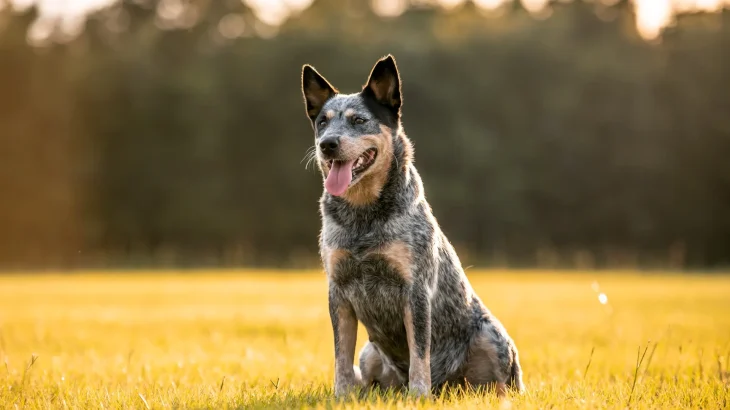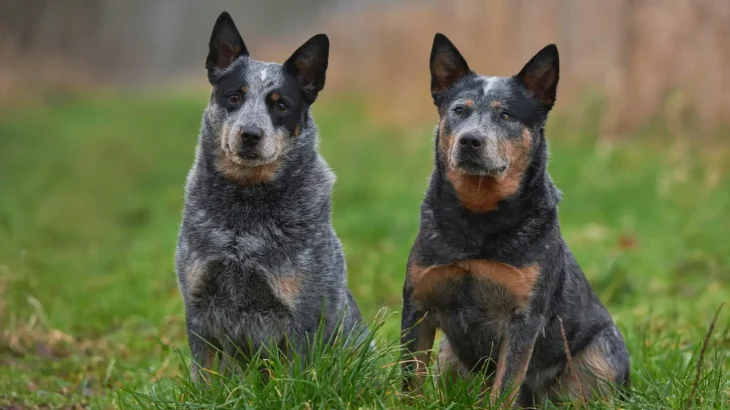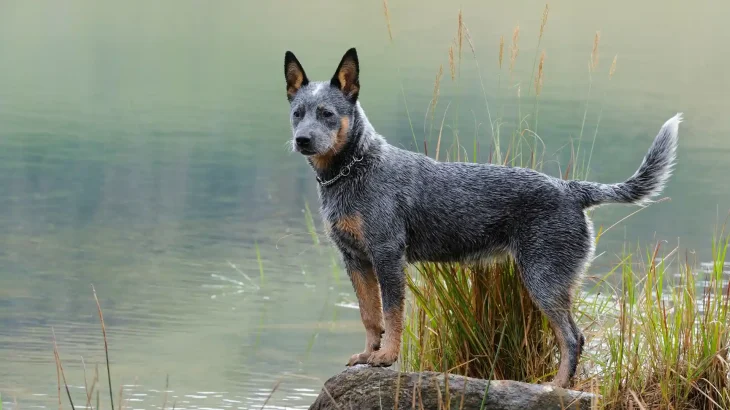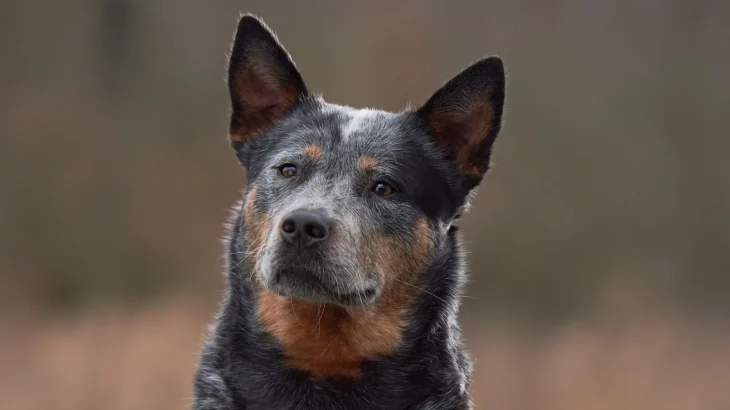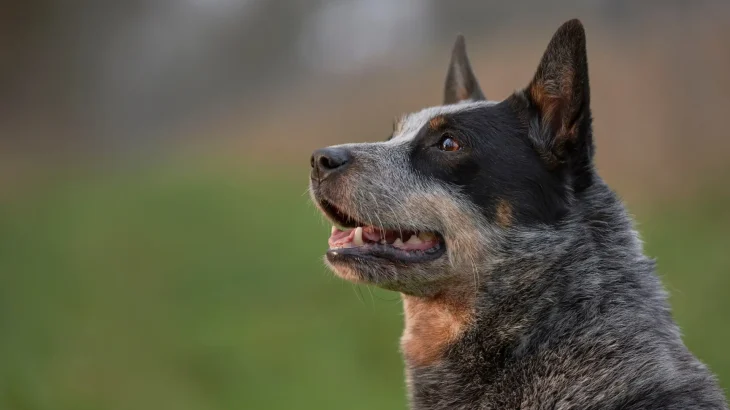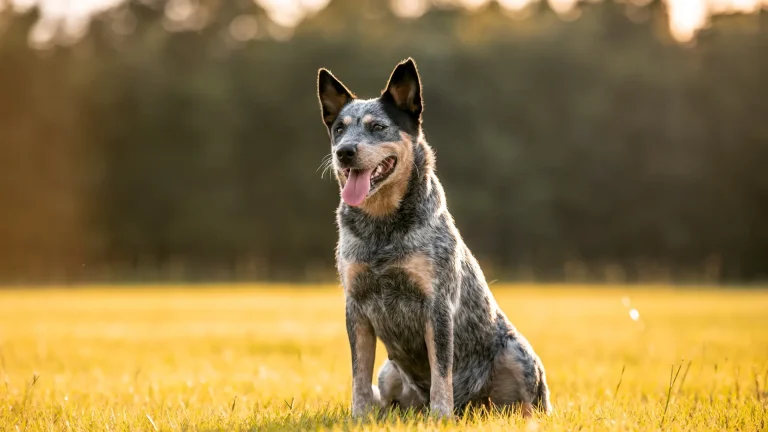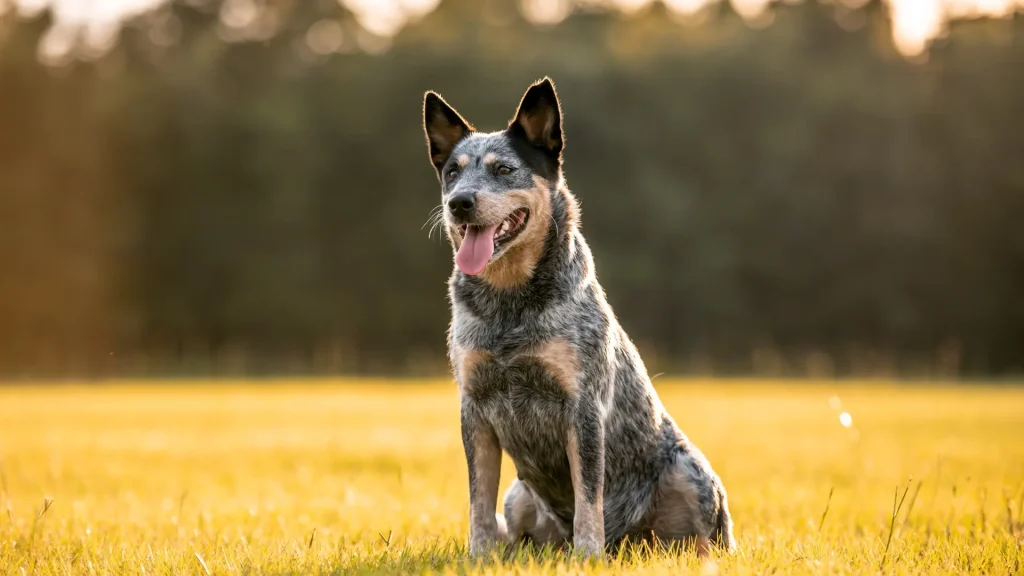When deciding between adopting or buying an Australian Koolie puppy, the choice often comes down to factors such as health assurances, cost, and ethical practices. Each option has unique benefits and potential drawbacks, so it's important to consider these carefully before bringing a new pup home.
| Criteria | Buying from Breeder | Adopting from Shelter/Rescue |
|---|---|---|
| Cost | Usually higher, reflecting purebred status and breeder expenses. | Generally lower adoption fees, often covering vaccinations and basic care. |
| Health History | Breeders provide detailed health records and perform genetic screenings. | Health history may be incomplete or unknown; shelters conduct basic health checks. |
| Age Availability | Usually available as puppies, allowing early socialization and training. | Includes all ages; may be adults or seniors needing a second chance. |
| Temperament Insight | Breeders share lineage and temperament traits. | Shelter staff offer behavior observations, though background details may be limited. |
| Supporting Practices | Supports ethical breeding programs when choosing reputable breeders. | Helps reduce shelter populations and gives homes to dogs in need. |
| Breed Purity & Pedigree | Guaranteed purebred with registration papers and pedigree documentation. | Breed purity may be uncertain; less emphasis on official pedigree. |

